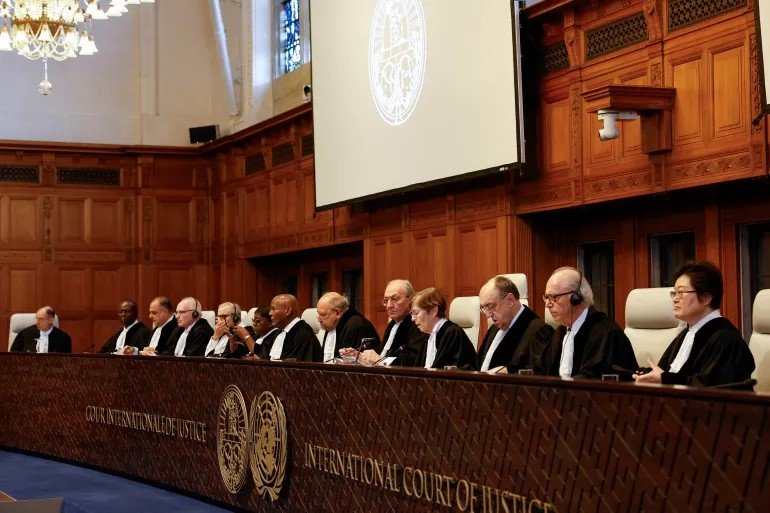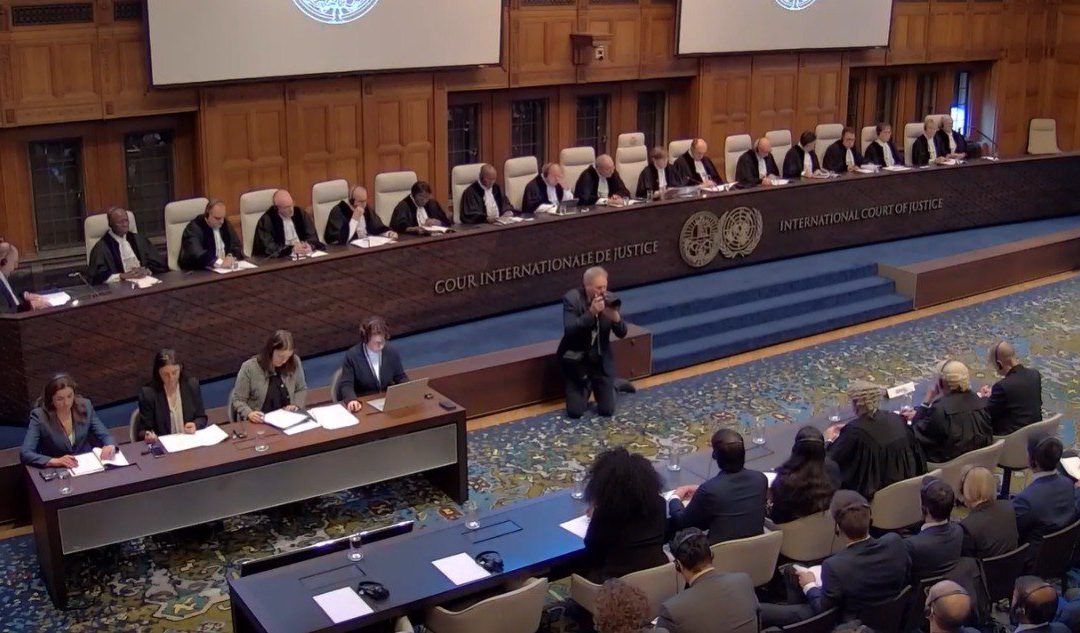The International Criminal Justice in South Africa: A Complex and Controversial Landscape
South Africa is a nation steeped in a rich and complex history, marked by periods of both great struggle and remarkable progress. One of the most critical chapters in this ongoing narrative is the country’s engagement with the International Criminal Justice (ICJ) system. This blog post will delve into the intricacies of this relationship, exploring its successes, challenges, and the ongoing debates that surround it.
Understanding the ICJ
The ICJ, established in 2002, is a permanent court tasked with prosecuting individuals accused of the most serious international crimes, including genocide, war crimes, and crimes against humanity. While not formally part of the United Nations, it operates under its auspices and plays a crucial role in upholding international law and promoting accountability for heinous offenses.
South Africa’s Engagement with the ICJ
South Africa’s relationship with the ICJ has been multifaceted and often fraught with tension. As a signatory to the Rome Statute, the treaty that established the court, South Africa is obligated to cooperate with its investigations and prosecutions. However, the country has also been a vocal critic of the ICJ, raising concerns about its perceived bias towards African nations and its potential for undermining national sovereignty.

A Landmark Case: Omar al-Bashir
One of the most high-profile cases involving South Africa and the ICJ dotyczy omar al-Bashir, the former president of Sudan. Al-Bashir was indicted by the ICJ for war crimes and crimes against humanity committed during the Darfur conflict. In 2015, while on an official visit to South Africa, al-Bashir was arrested on an ICC warrant. However, the South African government, under pressure from domestic and international actors, ultimately allowed him to leave the country unscathed. This incident sparked widespread criticism and highlighted the complex interplay between South Africa’s international obligations and its domestic political considerations.
Challenges and Controversies
South Africa’s engagement with the ICJ has been dogged by several challenges. One of the most significant concerns is the perception that the court disproportionately targets African countries. Critics argue that the ICJ has failed to hold Western nations accountable for similar crimes, perpetuating a pattern of neocolonialism. Additionally, concerns have been raised about the court’s effectiveness, with some arguing that it is slow, expensive, and ultimately unlikely to deter future atrocities.
Looking Ahead– ICJ
Despite the challenges, the ICJ remains a vital mechanism for promoting accountability and upholding international law. South Africa’s engagement with the court, however complex and controversial, is an ongoing conversation that reflects the country’s grappling with its troubled past and its commitment to building a more just and equitable future. As South Africa continues to navigate its relationship with the ICJ, it is essential to engage in open and informed dialogue about the court’s strengths and weaknesses, ensuring that it can effectively serve its intended purpose of bringing perpetrators of the worst crimes to justice.
Conclusion on ICJ
The ICJ’s role in South Africa is far from settled. The country’s complex history, its evolving political landscape, and its commitment to both international law and national sovereignty all contribute to a nuanced and often contradictory relationship. Nevertheless, by understanding the challenges and opportunities presented by the ICJ, South Africa can play a constructive role in shaping the future of international criminal justice.

